For the past several months we’ve been working our way through real customers’ pay TV bills one by one, and one piece of reader feedback keeps bubbling up again and again: Why pay for TV at all? This is the age of the cord-cutter, right? Just ditch cable already! [More]
pay tv
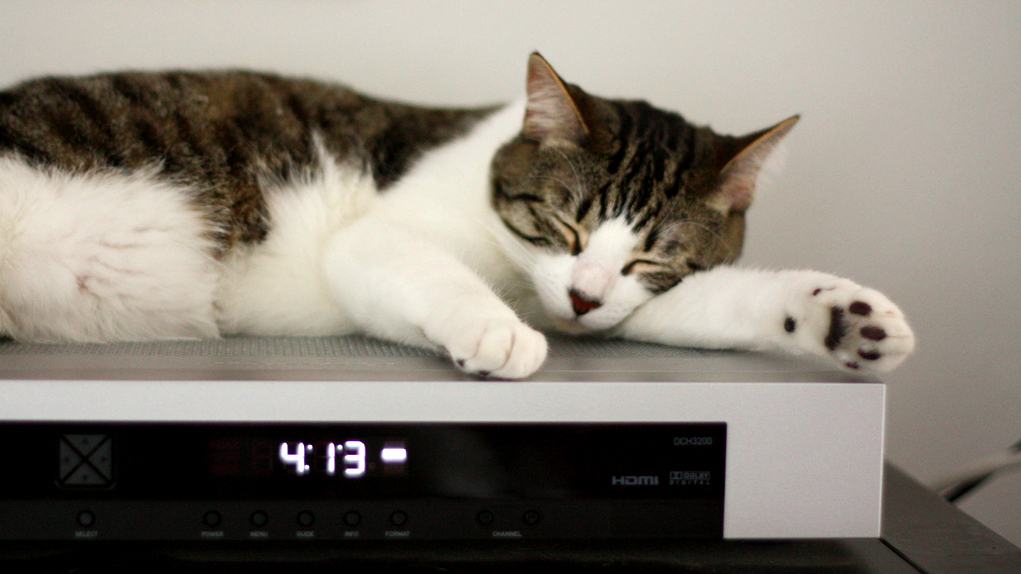
From “Yay” To “Boo” To “Shrug,” Here’s What Everyone Had To Say About FCC’s Set-Top Box Proposal
When the FCC voted in February to consider new rules for your cable box, that kicked off a multi-month cycle of public comments, where anyone and everyone can have their say. The deadline for the first round struck at midnight Friday, which means most of the comments are just rolling onto the internet for all and sundry to have a look at. [More]

White House Also Thinks Your Cable Box Rental Fees Stink, Supports FCC’s Plan
The FCC has said it, studies have shown it, even our own bill guides have proven it: you’re paying tons of money every month, on top of your regular bill, to rent your cable box. And you know who thinks that sucks? President Obama and his top advisors, that’s who. [More]
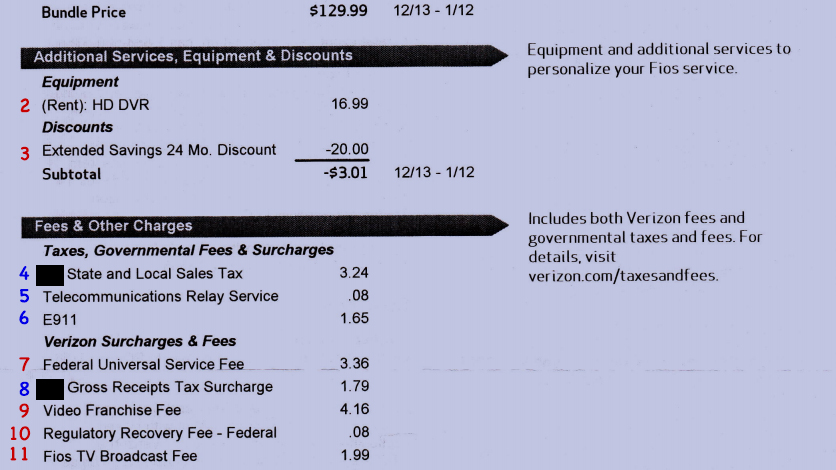
The Consumerist Guide To Understanding Your Verizon FiOS Bill
When you sign up for telecom services — some combination of TV, broadband, and/or phone — from your cable company, you’re told you’ll pay something like $49 or $99 a month… and yet the price you actually pay can be as much as 40% or more on top of that, thanks to a heap of sometimes confusing charges and fees. Which ones should you blame the government for, and which are made up by your cable company? One cable company at a time, we’ve been using real customers’ bills to break it down. In previous installations we’ve gone through Comcast, DirecTV, Charter, and TWC; now, it’s Verizon’s turn. [More]
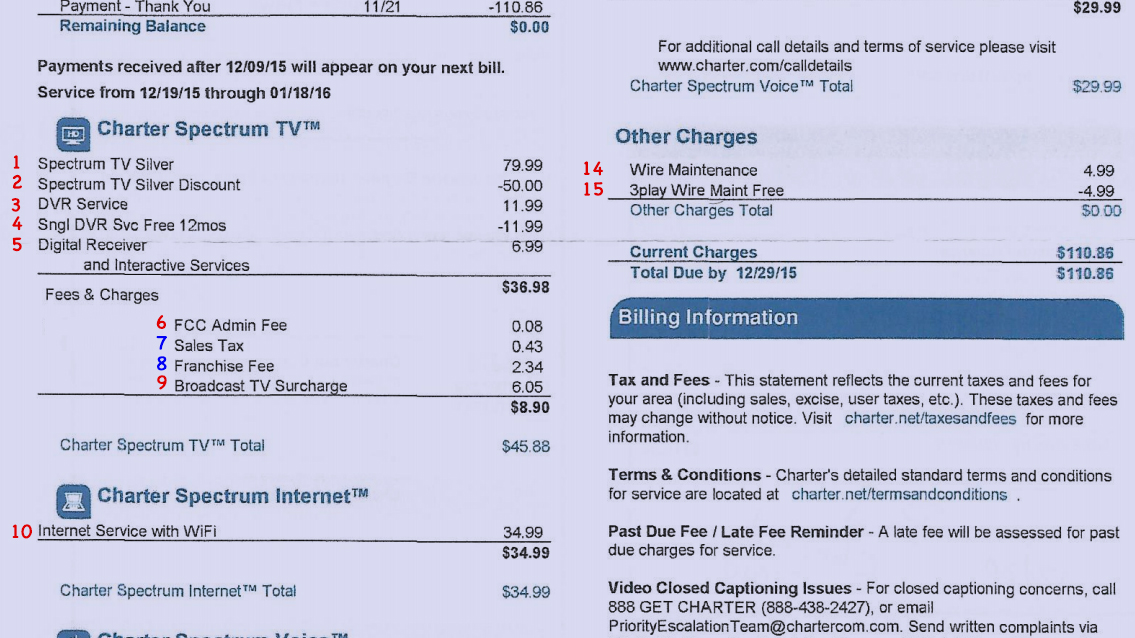
The Consumerist Guide To Understanding Your Charter Cable Bill
When you sign up for telecom services — some combination of TV, broadband, and/or phone — from your cable company, you’re told you’ll pay something like $49 or $99 a month… and yet the price you actually pay can be as much as 40% or more on top of that, thanks to a heap of sometimes confusing charges and fees. Which ones do you blame the government for, and which are made up by your cable company? One cable company at a time, we’re using real customers’ bills to break it down. We’ve already looked at Comcast, TWC, and DirecTV, so now it’s Charter’s turn. [More]
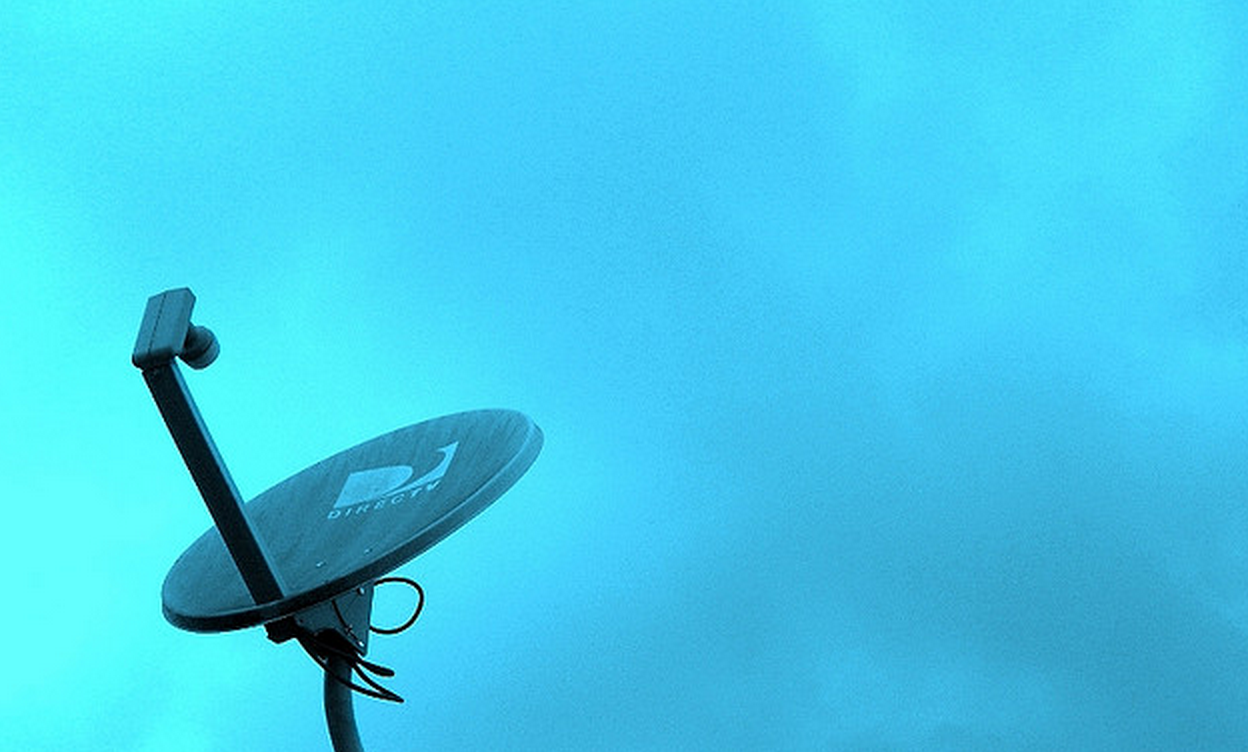
The Consumerist Guide To Understanding Your DirecTV Bill
When you sign up for telecommunications services — some combination of TV, broadband, and/or phone — you’re told you’ll pay something like $49 or $99 a month… and yet the price you actually pay can be as much as 40% or more on top of that, thanks to a heap of sometimes confusing charges and fees. Which ones do you blame the government for, and which are made up by your cable company? One business at a time, we’re going to use real customers’ bills to break it down. We’ve already looked at Comcast and TWC. This time we’re switching it up a bit to have a look at satellite, and will be dissecting a bill from DirecTV. [More]

FCC Votes To Increase Competition For Set-Top Box Market
The FCC voted today to consider chairman Tom Wheeler’s new proposal for shaking up the set-top box market by, well, creating an actual competitive market that consumers have the option to use. [More]

A Message From The Year 2026 About The Future Of Your TV
Thirty years ago, in 1996, you actually used your TV to watch broadcast or cable signals — live, as things aired. Twenty years ago, in 2006, you probably still had cable, but you probably also had a DVR, freeing you to watch programming at your leisure (much to the chagrin of advertisers). Ten years ago, in 2016, you may or may not have decided to cut the coaxial cord — but even if you had cable, odds were high you complemented it with some kind of streaming service. But by today, Jan. 4, 2026, if you even remember what “cable” was, that’s probably because you only see it at your grandparents’ house. [More]
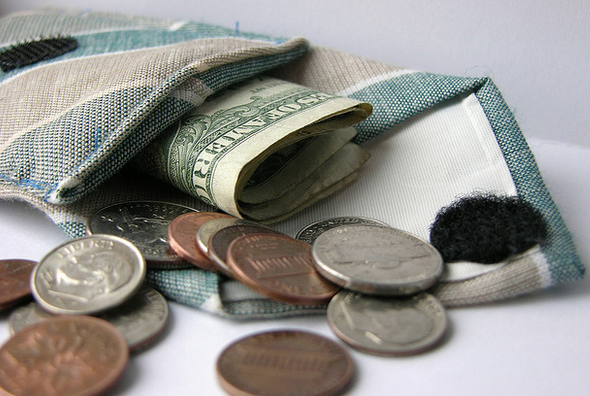
Happy New Year: Dish, DirecTV/AT&T, Time Warner Cable All Raising Rates In January Because They Can
For a bunch of the big cable and satellite companies, it does indeed look like a very merry Christmas and a happy new year are on the horizon — but consumers can be forgiven for feeling a lot more grinchy about it. That’s because all the new nickels, dimes, and dollars that are going to line businesses’ big virtual pockets are coming directly from subscribers in the form of unasked-for price hikes. [More]
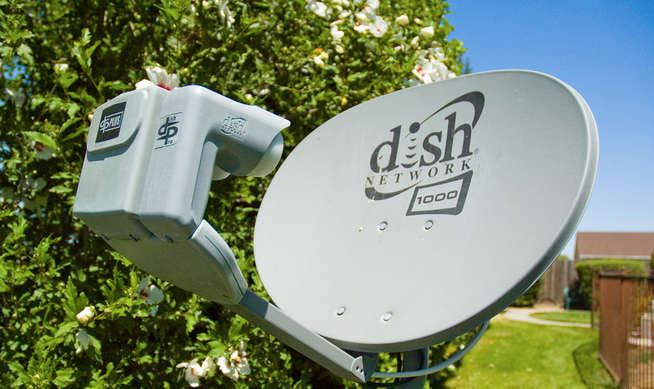
Dish, Sinclair End Broadcast Network Blackout… For Now, At Least
Dish’s latest contract fight with the networks it airs has wrapped up much more quickly than usual: less than a day after nearly 130 Sinclair channels went dark on the satellite provider, the local channels are back on in 5 million subscribers’ homes. At least, for now. [More]
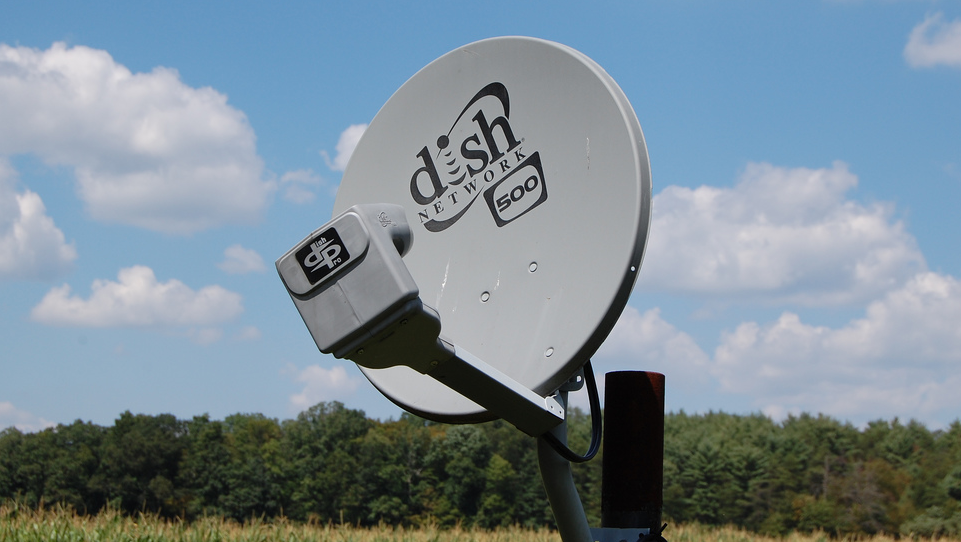
Hundreds Of Local Channels Go Dark For Millions Of Dish Subscribers In Latest TV Blackout Fight
Dish Network subscribers may have a hard time getting their local news and weather today along with some of their favorite network programming. A contract dispute between the satellite TV company and one of the biggest network owners in the country has resulted in one of the biggest TV blackouts to date, with 5 million viewers losing access to nearly 130 channels. [More]

Cablevision CEO: Pay-TV Is The “Milk & Eggs” Of His Business; Internet Is The “Soda & Chips”
As we noted earlier today, Comcast now effectively has exactly the same number of Internet customers as it does cable subscribers, and the Internet users will soon outnumber those who get their TV from Comcast. And while a pay-TV customer brings in significantly more gross revenue for a cable company than someone who is broadband-only, these companies are likely making more profit off their Internet users. [More]

Google To Start Doing Its Mega-Personalized Ad-Serving Thing On TV, Too
As dominant as it is and has been for decades, TV advertising is something of a crapshoot. Neilsen ratings are still the gold standard for every network out there, especially since they now finally track time-shifted viewing. But Neilsen still uses their own proprietary tech, and works on a sampling basis. In an age when every set-top box and most of the TVs they’re plugged into are themselves net-connected computers, there’s a more granular and accurate way to measure viewers and to advertise to them — and Google’s taking it. [More]
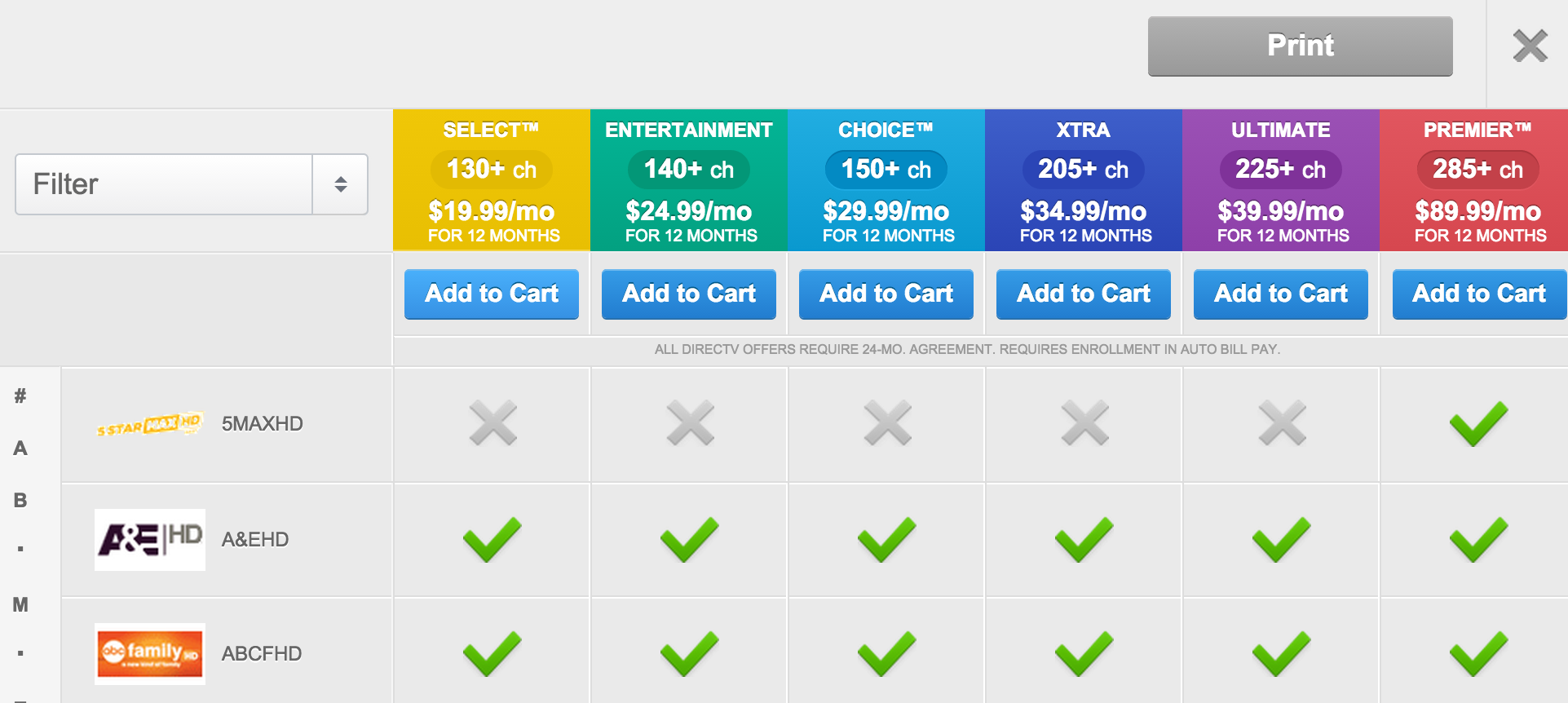
Government Accuses DirecTV Of Deceptive Advertising
While DirecTV may make people laugh (or cringe) with its multiple Rob Lowe ads, the thing that matters to many people when choosing between cable and satellite is price. But a new Federal Trade Commission complaint filed against the nation’s second-largest pay-TV service alleges that DirecTV is tricking consumers into believing they’re getting a better deal than they end up with. [More]
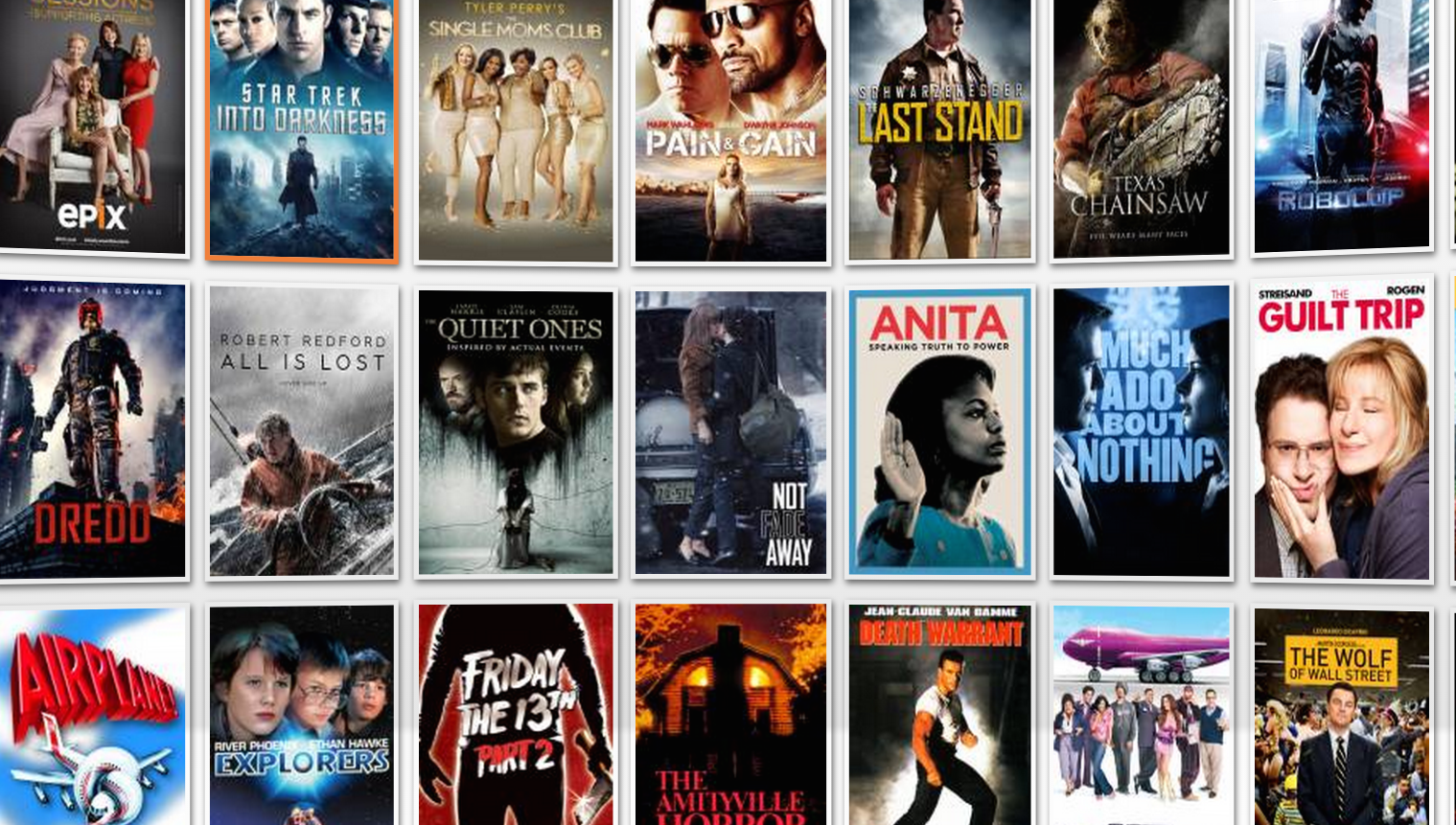
Sling TV Chooses Epix For Its First Premium Movie Package
Dish’s Sling TV streaming service is currently a pretty bare-bones operation, with only about a dozen channels and very little in the way of on-demand content. Today the service announced its first partnership with a premium pay-TV movie network. And no, it’s not HBO, Showtime, or even Starz. [More]
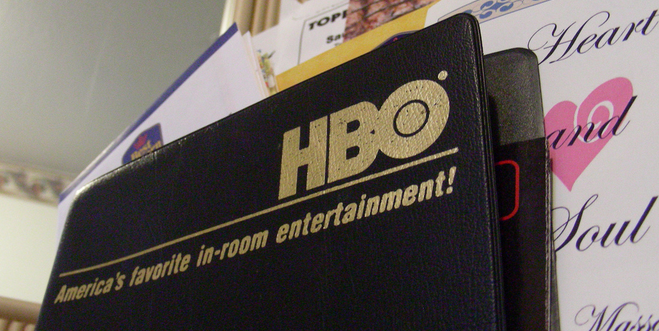
Are Cable Companies Lowering HBO Rates In Advance Of Standalone HBO Go?
Though we still don’t know a specific launch date, name, or monthly cost of HBO’s upcoming standalone streaming service, it looks like some pay-TV providers are cutting their rates for the premium service or offering discounted promotions in advance of its debut. [More]

Sony’s Online Pay-TV Service To Launch With Channels You Might Actually Want To Watch
After what seemed like an eternity of news leaks, rumors, and promises of an online-only pay-TV service from Sony, the company has finally announced that it will indeed be launching that cloud-based service, and that it will start with a slate of channels including some that humans actually watch. [More]
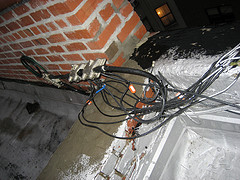
Court Rules That Pay TV's Nasty Habit Of Bundling Channels Is Legal
Pay TV companies make bundles by bundling channels together in subscription packages, forcing customers to pay inflated fees for packages that are stuffed with channels they don’t care about. The U.S. Court of Appeals could have done subscribers a solid by forcing cable and satellite companies to change their modus operandi, but it ruled that there’s nothing illegal about the exploitative practice, upholding a judgment in a lower court. [More]


